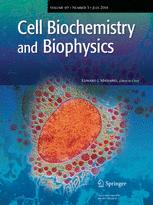![]() Rakesh Kumar, a researcher with six recent corrections and one retraction, has had one of those corrections upgraded to a retraction.
Rakesh Kumar, a researcher with six recent corrections and one retraction, has had one of those corrections upgraded to a retraction.
Here’s the unhelpful notice, from Molecular Endocrinology: Continue reading Cancer researcher has correction upgraded to retraction







 Sometimes plagiarism can be tricky to catch when an article has to be translated before publication.
Sometimes plagiarism can be tricky to catch when an article has to be translated before publication.